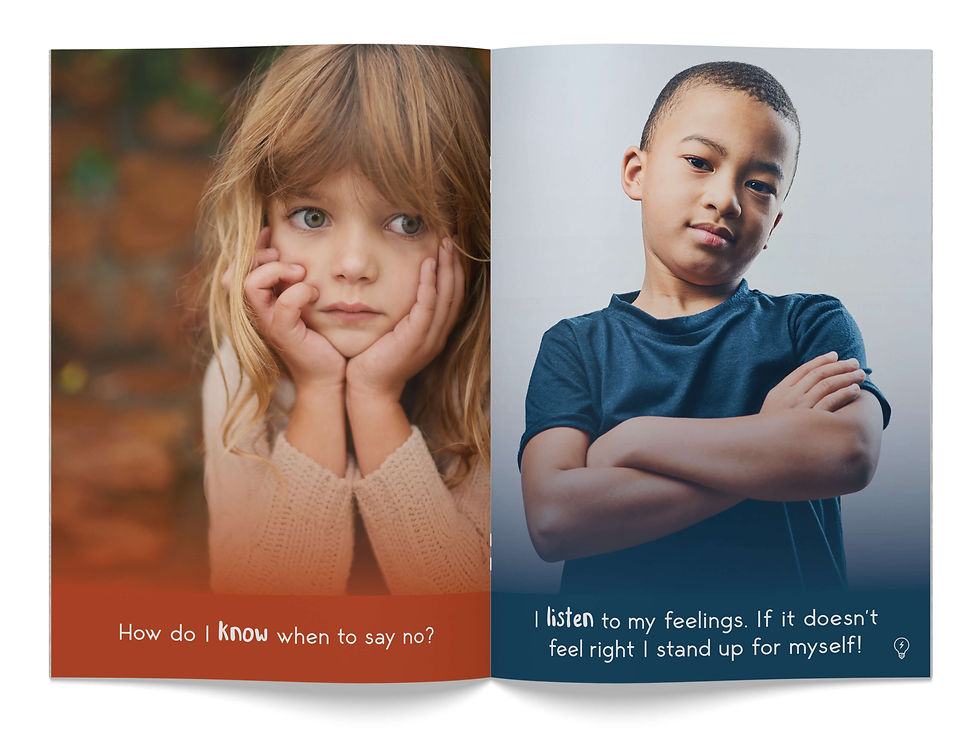Do I belong to me? Respect and consent in early childhood education.
- Melissa Reve

- Aug 11, 2021
- 3 min read
Updated: Aug 24, 2022

Respect and consent are hot topics right now, making their way into the curriculum, for good reason. But how will this look in early education?
In this article, I look at the role of belonging in self-identity and defining healthy relationships.
The first step to a strong sense of self is autonomy and independence. Children develop self-efficacy through the process of decision-making and exploring boundaries. Choice is empowering. Choice is empowering. Providing children with the knowledge that their wellbeing is their own choice, is setting them up for success.
How often are children given opportunities to flex their decision-making muscles in our modern western society? We have taken away many child-accessible responsibilities in the name of safety or because we are time-poor, and it simply feels easier to get on with the job ourselves. There are few things that children have total authority over. That is why we see eating, sleeping, and clothing becoming battlegrounds for power, as these are some of the only areas many children can exercise some control.

Yet, children will always be able to own their thoughts, their feelings, and their choices. They can choose how they own their bodies, nourish them, rest them, and, of course, hold their body boundaries. They can decide how they let other people show affection or disallow unwanted attention.
Pushing limits and discovering the line is essential for children. They will learn what "no" means and when to say it for themselves. Developing a repertoire of empowering thoughts about themselves can support children in this unfolding process.
Belonging is a core factor of wellbeing, particularly in early childhood. We place significant emphasis on belonging in external relationships, but what does it mean to belong to ourselves first?
Belonging to ourselves acknowledges that we define our deepest sense of self from within. When we truly and effectively feel like we belong to ourselves first, we feel more connected with our core values and can easily distinguish when those core values are at risk of being violated by another. We receive our validation internally and are less likely to be swayed by the desires of others when those desires are not in alignment with what we know to be good for ourselves.

Can we better navigate relationships and maintain healthy boundaries when we are firm in our understanding that we belong to ourselves first?
When we feel like we belong to ourselves, we feel confident in extending appreciation and respect to others and have the confidence to refuse the attention of people who do not appreciate and respect us in return. In short, we value ourselves. Feeling replete with this sense of value, we value others too. And our love for ourselves allows us to be confident enough to require the same in return. We know when to say yes, and we know when to say no.

My new big book, "I Belong to Me", is a set of empowering thoughts designed to start the conversation about the choices we make for ourselves. Children are capable and competent. They have the right and ability to own their thoughts and feelings and be responsible for their physical wellbeing and define boundaries for personal safety. We can learn how to say "yes!" and how to say "no!" when we belong to ourselves.
If you would like to know more, or have any questions or comments please email melissa@enlightenpress.com.au





Comments